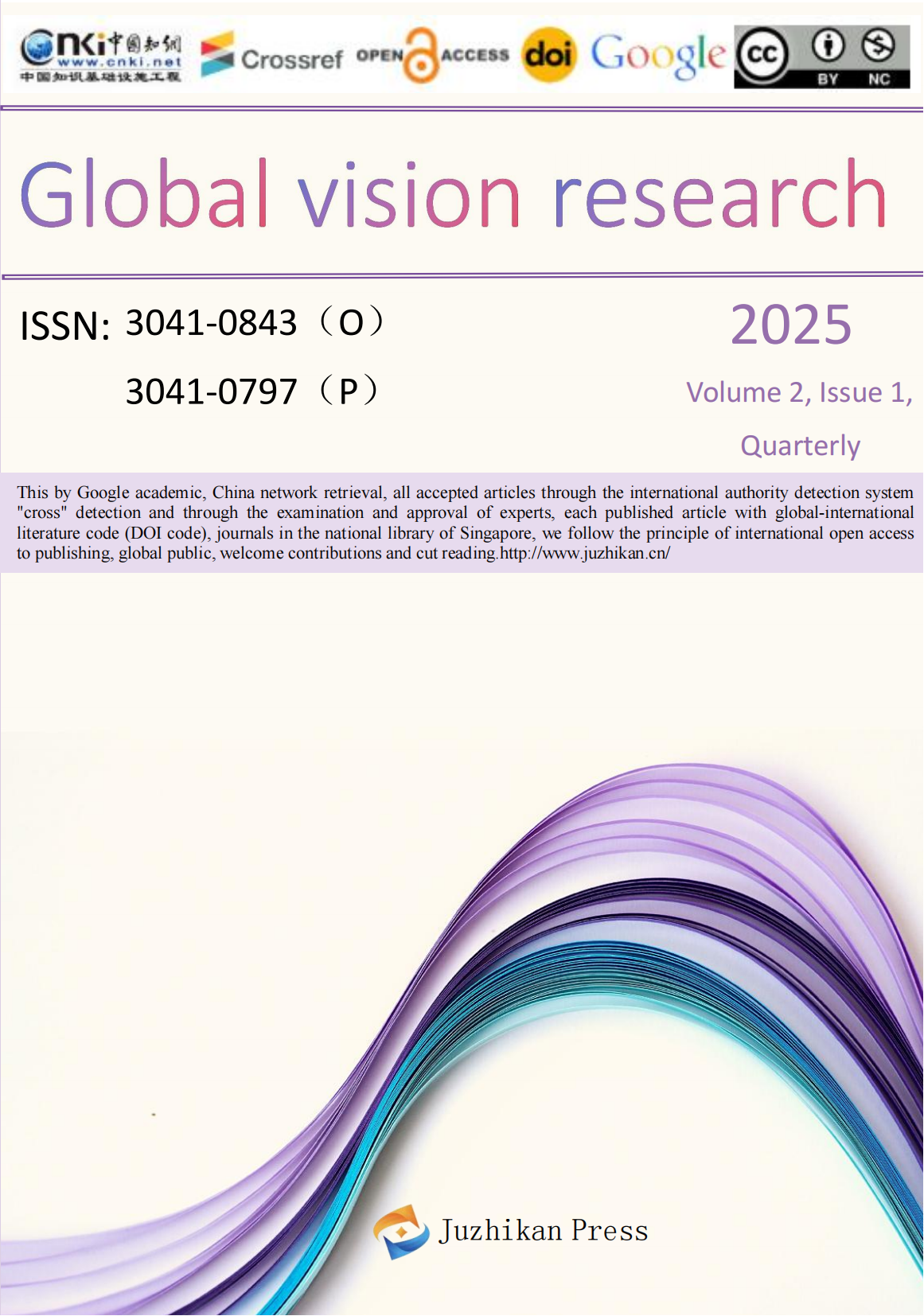 65 84368249
65 84368249 info@juzhikan.asia
info@juzhikan.asia 65 84368249
65 84368249 info@juzhikan.asia
info@juzhikan.asia
The Influence of Situational Learning Participation in Foreign Language Teaching on Active Learning
Zhao Tianning
Jiageng College, Xiamen University, Xiamen Fujian,363105;
Abstract: With the development and transformation of educational concepts, language teaching is also undergoing significant changes. In a diversified society, foreign language teaching in university classrooms should also break the traditional single teaching mode, focus on students' knowledge and emotional needs, design effective teaching processes, improve teaching effectiveness, and also pay attention to the cultivation of students' good ideological character. The teaching design based on the theory of "Situational Learning: Legitimate Edge Participation" can not only help students master language skills, but also enhance their practical application abilities, understand the cultural mechanisms behind language, and promote students' active learning. This article explores the positive effects of situational learning in foreign language teaching on active learning through the analysis of micro lesson cases.
Keywords: situational learning, active learning, participation in practice
[1]Newman Academy. Complete Guide to the Japanese language proficiency test. 2017:187-188.
[2]An analysis of Jean lave & Etienne wenge’s SITUATED LEARNING Legitimate Peripheral Participation[M]. Overseas Overseas Education Publishing Co., Ltd. 2019.
[3]Newman Academy. Japanese language proficiency test. 2017
[4]Japan Foundation. Teaching Japanese: how to speak.Tokyo HITUJI